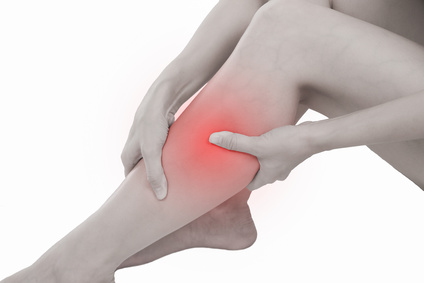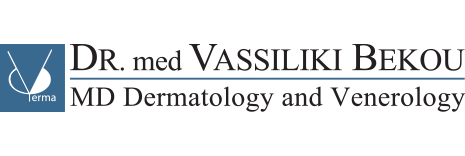
Muscle cramps
( For the texts and pictures books, publications, guidelines for example in awmf.org and contributions of colleagues were consulted.)
Muscle cramps are paroxysmal, short-lasting painful, involuntary, self-limiting muscle contraction.
A muscle cramp concerns:
A part of a muscle
B whole muscle
C Localized muscle group
Aetiology:
1 paraphysiologic
A cramps bychance
B cramps during exercise or during
C pregnancy
2 Idiopathic
A autosomal dominant
B nocturnal cramps
C continuous muscle fiber activity
D insulin resistance
e paraneoplasia
3 Symptomatic
A muscle diseases
B cardiovasculardiseases
C endokin metabolic diseases
D hydro-electrolytic impairment (Na, K, Ca, Mg,)
E toxi-u pharmacological effects (cholesterol lowering agents, chemotherapeutic agents (vincristine), antihypertensives, hormones, beta-antagonists, other (insulin, salbutamol, penicillamine etc))
F psychologic diseases
Diagnostics
History, clinical examination, laboratory (including Mg electrolytes, kidney / liver function tests, blood sugar, thyroid, CK), venous examination.
Therapy
Depending on the cause, for example,
In the acute stage: break with activity, cold ice, compression stockings, high position.
To solve the acute spasm should shorten the muscle, and then tighten the antagonist (countermovement), because this inhibits the cramping muscle over a nerve strang in the spinal cord. A massage of the affected muscle often helps against the pain as well as showers with hot and cold water.
Other preparations, such as magnesium, theophylline, quinine, phenytoin, Ca, Vit E, compression stockings can be used.
Prevention
Prevention of muscle cramps by adequate fluid, intake of magnesium (in foods: nuts, spinach, whole grains).
Warm up before exercise.
Circulation-promoting measures such as exercise, warm-cold baths.
Adequate stretching in sports.
No excessive consumption of alcohol and coffee.
